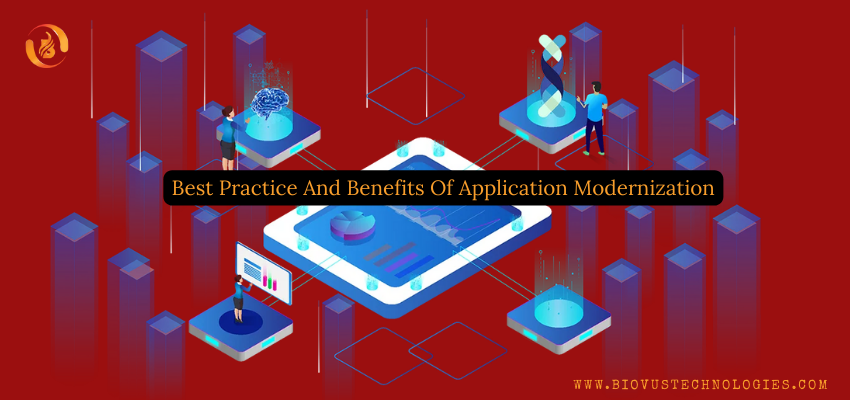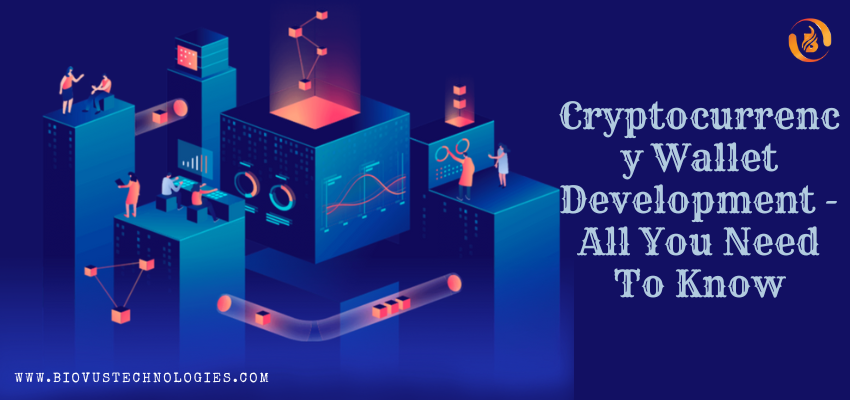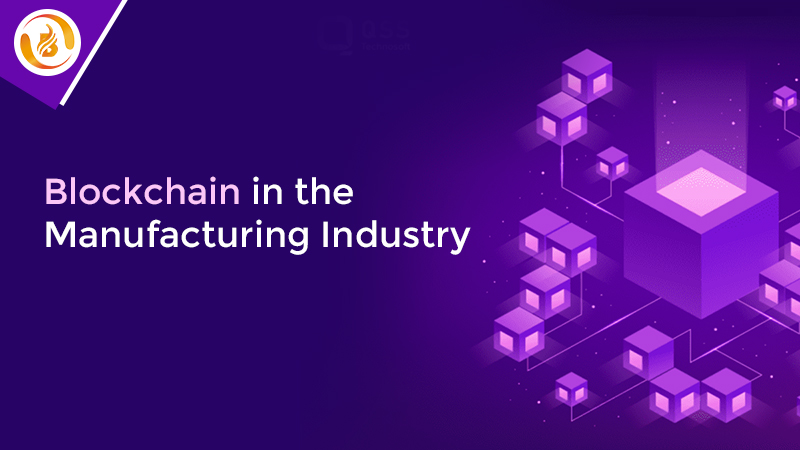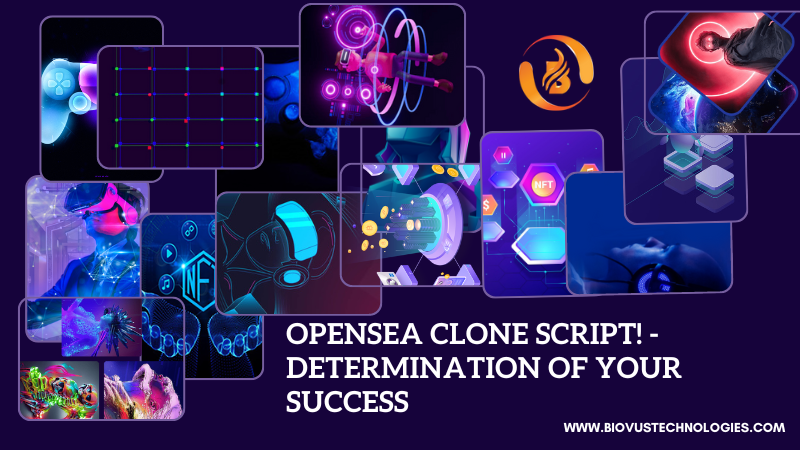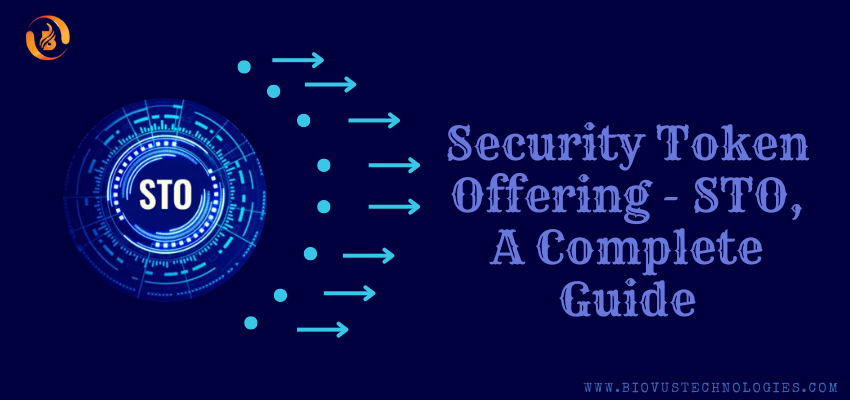Table of Contents
Introduction: Understanding the Metaverse and Blockchain Technologies
Rapid technological advancements have brought the metaverse concept to the forefront of discussions. The metaverse represents a virtual reality space where individuals can interact with computer-generated environments and other users in real time. Concurrently, blockchain technology has emerged as a decentralized and secure system that underpins cryptocurrencies and other applications. Integrating blockchain technologies within the metaverse opens new possibilities for enhanced security, privacy, and interoperability. This article delves into the intersection of the metaverse and blockchain technologies, exploring their potential, challenges, and real-world applications.
The Concept of the Metaverse: A Digital Universe
The metaverse can be envisioned as a collective virtual shared space that blends the boundaries between the physical and digital worlds. It is a multi-dimensional universe where users can engage in social activities, work, play games, and explore virtual environments. In the metaverse, users create digital representations of themselves known as avatars, allowing them to navigate and interact within the virtual realm. This immersive experience has captured the imagination of individuals and businesses alike, sparking the exploration of its integration with blockchain technologies.
The Role of Blockchain in the Metaverse
Blockchain technology is a foundational element in the metaverse, addressing critical aspects such as security, decentralization, and trust. The decentralized nature of blockchain ensures that no single entity has complete control over the metaverse, promoting fairness and transparency. Smart contracts, and programmable self-executing agreements on the blockchain, enable the automation of transactions and interactions within the metaverse. It allows users to engage in secure and verifiable digital transactions, eliminating the need for intermediaries and reducing the risk of fraud.
Enhancing Security and Privacy in the Metaverse with Blockchain
One of the metaverse’s significant challenges is ensuring user data’s security and privacy. By integrating blockchain, personal information can be stored in a distributed and encrypted manner, safeguarding it from unauthorized access. Blockchain-based identity management systems also allow users to control their digital identities, granting or revoking permissions as needed. It empowers individuals with ownership and autonomy over their data, mitigating concerns regarding privacy within the metaverse.
Decentralization and Governance in the Metaverse
Blockchain’s decentralized nature aligns well with the metaverse’s vision of a distributed and inclusive digital realm. By leveraging blockchain, the governance of the metaverse can be transparent, participatory, and community-driven. Users can actively contribute to decision-making processes, ensuring that the metaverse evolves to benefit its inhabitants. Smart contracts and decentralized autonomous organizations (DAOs) facilitate collective decision-making, allowing users to shape the metaverse’s rules, policies, and developments.
Interoperability and Seamless Transactions
Interoperability is crucial for a thriving metaverse ecosystem. Blockchain provides a solution by enabling seamless cross-platform transactions and interactions. Users can transfer assets and data between different metaverse platforms using standardized protocols and interoperable blockchain networks. This interoperability fosters a vibrant and interconnected metaverse where users can seamlessly navigate between virtual environments and engage in cross-platform activities.
NFTs and Digital Assets in the Metaverse
Non-fungible tokens (NFTs) have gained immense popularity recently and play a significant role in the metaverse. NFTs are unique digital assets representing ownership of virtual real estate, in-game items, digital art, and more. Blockchain technology provides the infrastructure to create, trade, and verify NFTs, enabling users to possess and monetize digital assets within the metaverse.

It introduces new possibilities for creators, artists, and businesses to leverage their digital creations and establish digital ownership.
Virtual Economies and Blockchain
Virtual economies have emerged within the metaverse, with users engaging in economic activities and trade. Blockchain technology offers a secure and transparent framework for managing virtual currencies, enabling users to conduct transactions, exchange assets, and participate in virtual economies. By incorporating blockchain, virtual economies within the metaverse can be governed by predefined rules and intelligent contracts, ensuring fairness and eliminating fraudulent activities.
Real-World Applications of the Metaverse and Blockchain Integration
Integrating the metaverse and blockchain technologies holds immense potential across various industries. In gaming, blockchain can enable actual ownership of in-game assets and facilitate peer-to-peer trading. In real estate, blockchain can revolutionize property ownership and virtual land transactions. Healthcare can benefit from the metaverse by offering immersive and personalized virtual care experiences. The possibilities extend to education, retail, entertainment, and more, where the metaverse can enhance user experiences and create new business opportunities.
Challenges and Considerations in the Metaverse and Blockchain Integration
The integration of the metaverse and blockchain is challenging. Scalability, energy consumption, user experience, and regulatory frameworks are among the considerations that must be addressed. Overcoming these challenges requires ongoing research, stakeholder collaboration, and innovative solutions that balance technological advancements with sustainability and user-centric design.
Future Outlook: The Evolution of the Metaverse with Blockchain
The metaverse, coupled with blockchain technologies, is an exciting area of innovation with a promising future. As technology evolves, we can expect the metaverse to become more immersive, interconnected, and integrated into our daily lives. Blockchain will be crucial in realizing the metaverse’s full potential, ensuring security, trust, and equitable participation.
Conclusion
The metaverse and blockchain integration can transform how we interact, transact, and create digitally. The seamless merging of these technologies opens up endless possibilities for virtual experiences, decentralized governance, secure transactions, and digital ownership. As the metaverse evolves, it is crucial to prioritize user-centric design, privacy, and sustainability, fostering an inclusive and vibrant digital universe.
Visit us at: www.biovustechnologies.com


